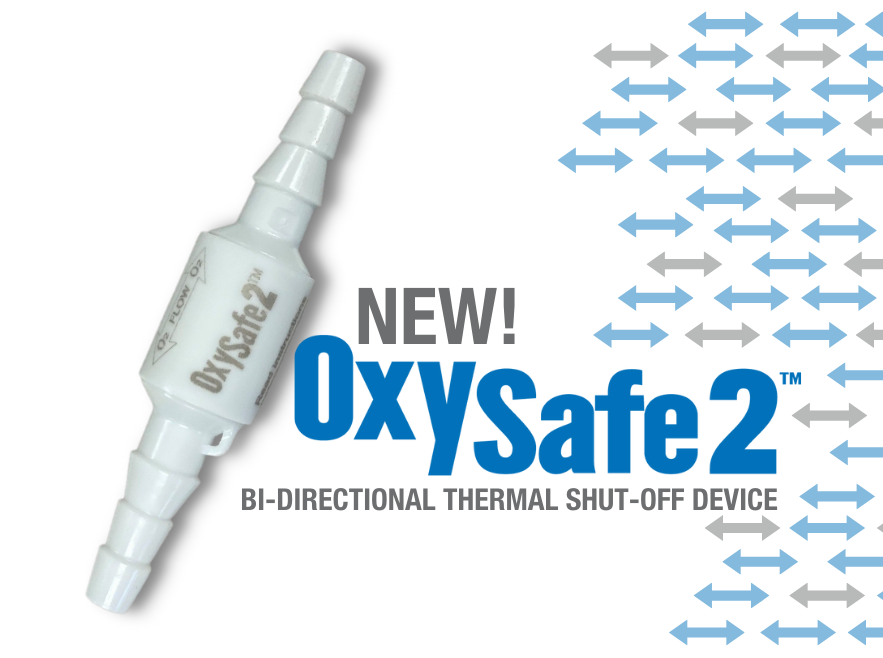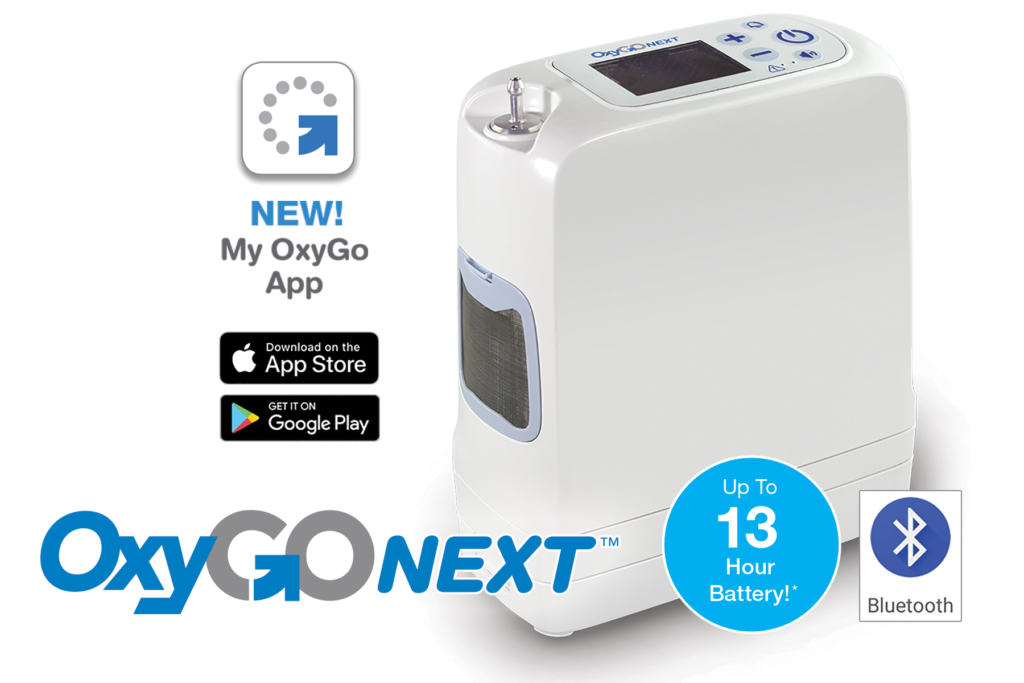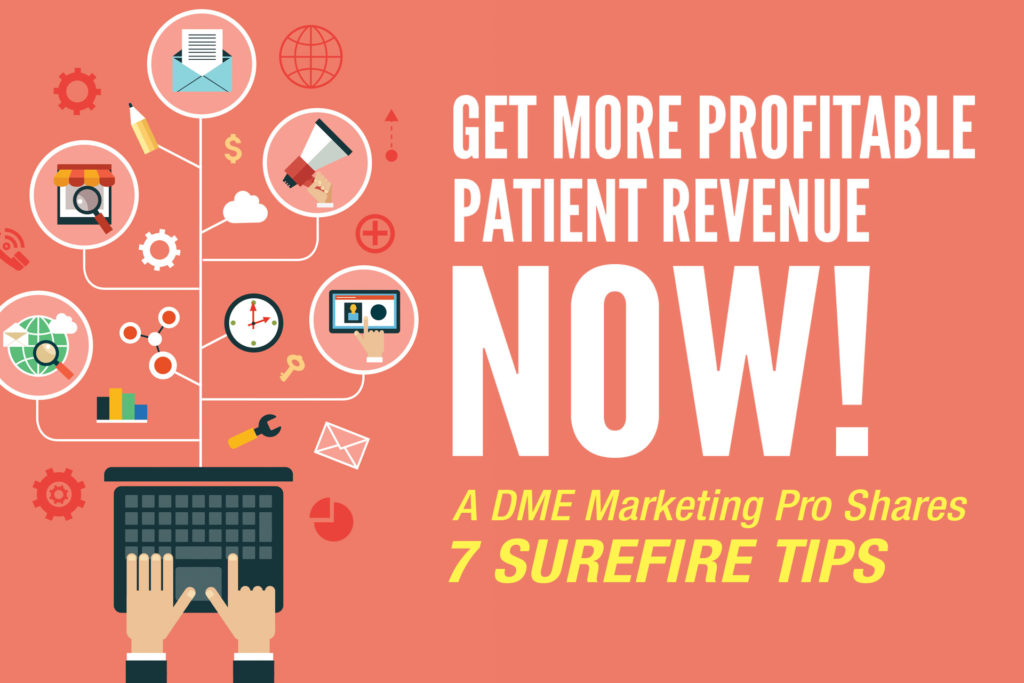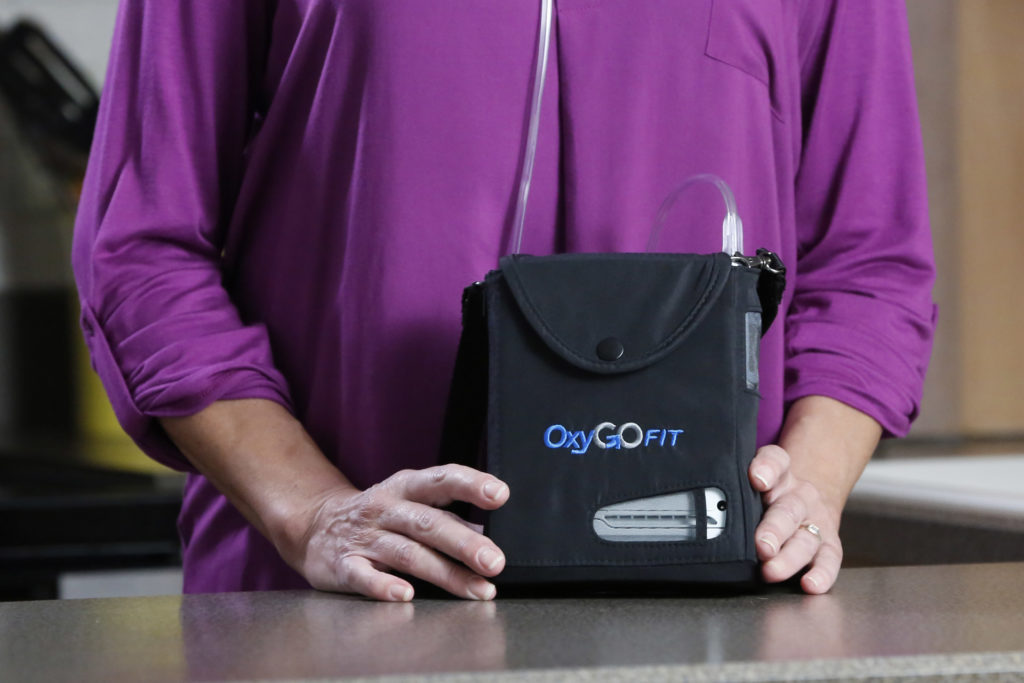Taking the Sting out of Negative DME Online Reviews

As review sites have proliferated, a new industry has been spawned: reputation management and review alert firms that keep companies appraised about what is being said about them on the Internet. These include websites such as reputation.com, statuslabs.com and trustpilot.com.
A negative review can be a wakeup call that allows you to improve your DME business. It’s far worse not to know about a problem than to know about a problem you can fix. Experts suggest that any business responding to a negative review should keep in mind the acronym HEARD.
H = Hear the complaint. Keep an open mind and be willing to admit there may be a problem.
E = Empathize. What can you do to make it right with the reviewer?
A = Apologize and ask for another chance. Never argue with a reviewer.
R = Resolve to fix the problem. Make restitution, if necessary.
D = Diagnose why the negative review happened. Take action to fix the cause. Perhaps, for example, if your staff followed up every sale with a customer phone call, many negative reviews could be headed off and not even posted.
The problem is that if DME’s don’t respond quickly to such negative reviews, much reputational damage can be done. Yelp is widely regarded as the kingpin of review sites with over 26,000 retail reviews allegedly being written on it per minute. It has been estimated that one negative review on Yelp can cost 30 customers and that the addition of one star (stars are rated 1 low to 5 high) can add as much as 5 to 9% more revenue.
If there is a lesson for DME’s to learn here, it’s to keep in the loop about what people are saying about them on the Internet. Positive and negative reviews are here to stay. Managing those reviews as best as possible
is good for business.
Dealing With A Negative Review
YES, YOU CAN TURN THINGS AROUND!
- Respond quickly and apologize.
- Make restitution/ fix the problem.
- Make sure the response is posted online next to the bad review.
- Does the reviewer have a point? Maybe there is something you should fix in your business.
- Actively monitor your online presence,moving forward.
- Collect more reviews. This way, any future negative reviews can be seen in the broader context of all your happy customers.
BUT HOW CAN I FIND OUT WHAT MY REVIEWS ARE?
The internet is a big place. An easy way to monitor your reviews is to set up a Google news alert for your business name. Any time something new hits your name, Google will email you a link.
Go to google.com/alerts to set one up!
RELATED POSTS





































































































